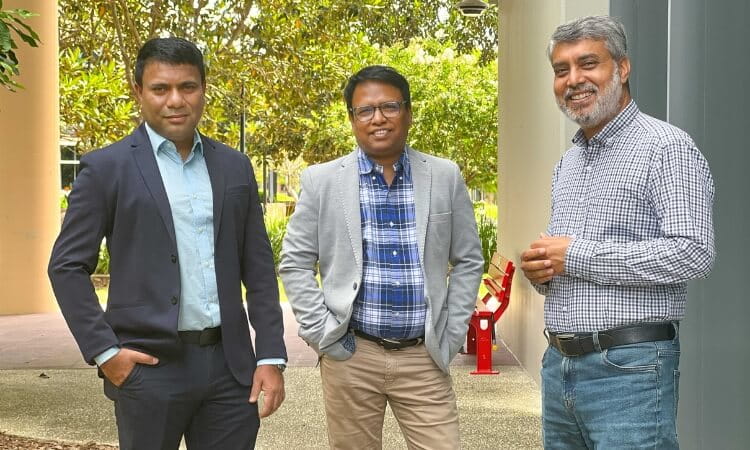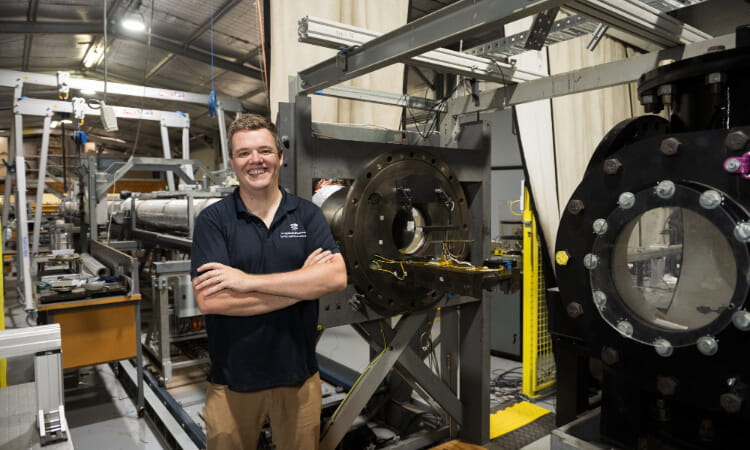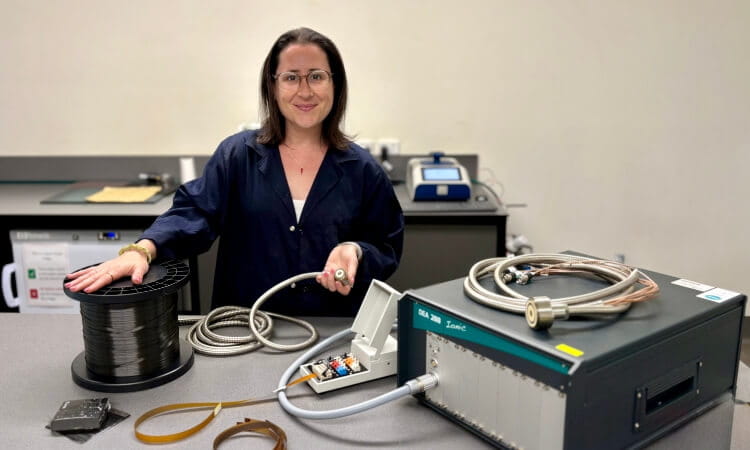Protecting disaster-hit communities from exploitation

In the wake of disasters, communities often face the daunting task of rebuilding their lives amid a complex web of stakeholders and interests.
Researchers from the University of Southern Queensland have proposed a framework to protect vulnerable communities from exploitation by those with competing or conflicting interests in post-disaster reconstruction projects.
Post-disaster reconstruction projects are becoming increasingly prevalent worldwide, particularly in Queensland.
Prioritising the interests of affected communities, including homeowners and business owners, is at the heart of the proposed framework developed from a case study in a developing country.
Disaster management researcher Dr Kamran Shafique led the study, which highlighted that post-disaster reconstruction projects faced many challenges during implementation.
“Due to the higher risk of natural disasters, we have seen greater investment in post-disaster initiatives in Australia, particularly Queensland, in recent years,” Dr Shafique said.
“Despite these massive investments, many fail to achieve their objectives, especially those concerning the interests of the affected community.
“It is important to take measures to minimise the chances of interest exploitation of affected communities, which not only results in a waste of resources but also leaves them more vulnerable to future disasters.”
Recovery and reconstruction efforts require the collective efforts of many stakeholders, such as different government departments, the private sector, affected communities and non-government organisations.
Often, stakeholders have conflicting interests.
While all post-disaster initiatives focus on restoring affected communities to normality, the interests of affected communities are generally compromised due to their inability to take an active part after sustaining heavy losses to disaster, which may include the loss of loved ones.
The researchers wanted to determine how vulnerable stakeholders' exploitation in post-disaster reconstruction projects was assessed, anticipated and mitigated.
To achieve this, Dr Shafique and his colleagues, Professor Tapan Sarker and Associate Professor Syed Shams, analysed a post-disaster reconstruction from Pakistan, including interviews with project stakeholders.
They found that the interests of large and unorganised groups, such as affected communities, were exploited by small and organised groups, such as contractors, government agencies and private developers.
Using widely accepted theoretical concepts, the researchers developed a framework disaster management practitioners could follow to maximise the benefits of post-disaster initiatives.
“We believe this framework ensures the interests of affected communities are prioritised and that their needs and requirements are met as planned,” Dr Shafique said.
“This tool increases the visibility of whether an affected community is being informed or consulted regarding any decisions, indicating whether they are at a high to moderate risk of exploitation.
“To mitigate this situation, practitioners can establish systems and structures to protect the interests of affected communities.”
The study, ‘A Framework to Assess Possible Sources of Stakeholder Exploitation: A Developing Country Case,’ was published in the International Journal of Disaster Risk Science.


